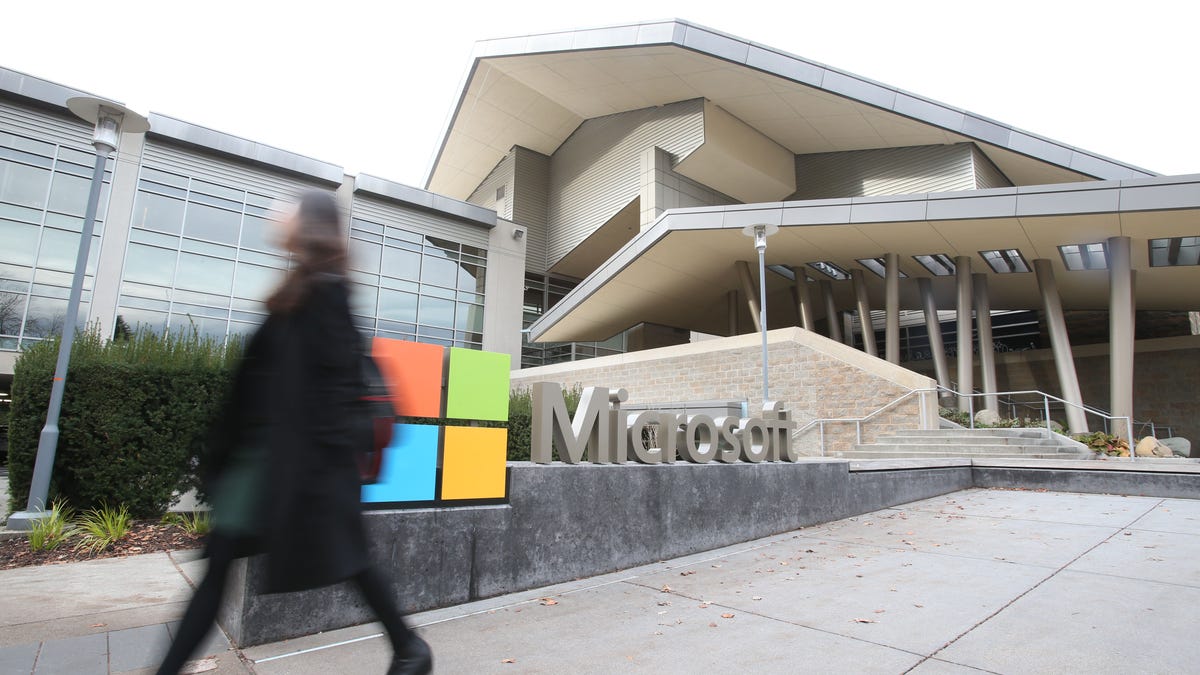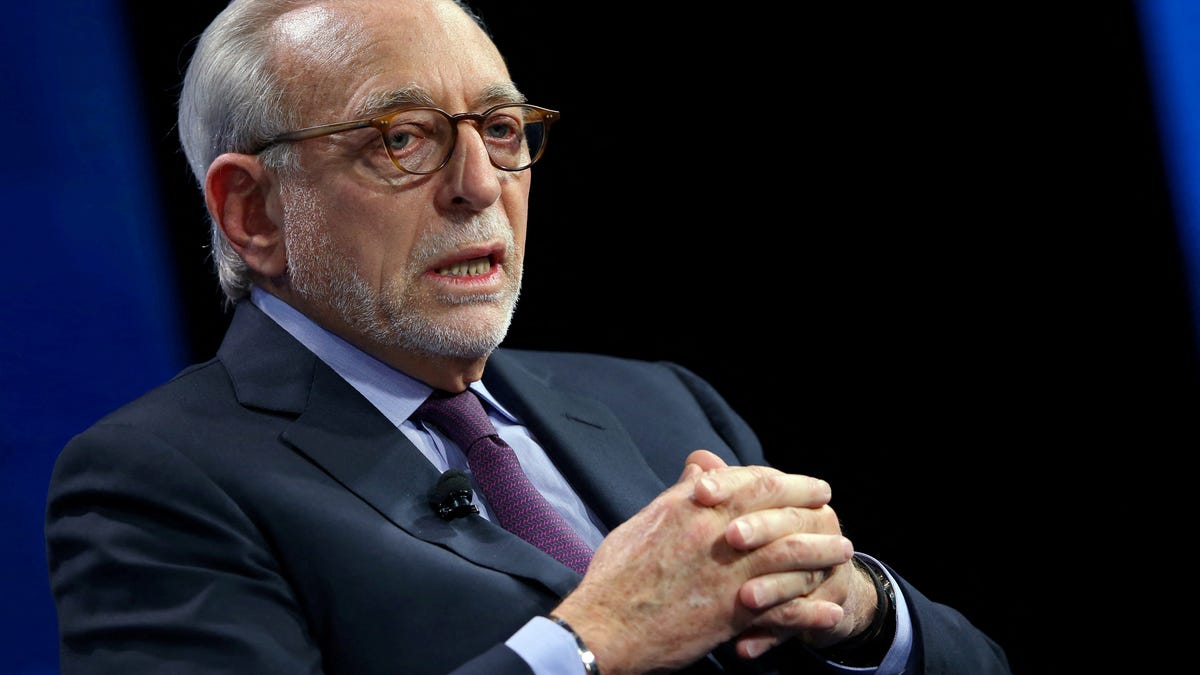Tech Giants’ Artificial Intelligence Spending Spree
Tech giants have been on an artificial intelligence spending spree, investing billions of dollars in smaller companies to advance AI technology. Elon Musk’s xAI is set to build a “gigafactory of compute” in Memphis. Amazon has poured $4 billion into AI startup Anthropic to leverage its technology. Apple recently acquired Canadian startup DarwinAI, adding to its portfolio of AI companies. Microsoft made a unique deal to “acqui-hire” the startup Inflection, paying a $650 million “licensing fee” to hire its chief executive Mustafa Suleyman and most of its staff.
Leading Players in the AI Space
These moves align these companies with key players in the AI industry, such as Nvidia, dominating the chip market for AI software, and OpenAI, a leader in the AI chatbot space.
However, the exclusivity of this club might be short-lived. The Department of Justice and the Federal Trade Commission are reportedly investigating Microsoft, Nvidia, and Open AI for potential anti-competitive behavior in the AI sector. The FTC is also separately probing Microsoft over its Inflection deal.
Barry Barnett, an antitrust lawyer at Susman Godfrey, believes that an investigation is warranted to prevent these tech giants from creating monopolies that stifle competition. He stated, “The concern is that there’s going to be moat building by these gigantic entities that have tremendous resources — and they want to get ahead of that.”
Antitrust Regulations in the Tech Industry
This scrutiny on tech companies comes at a time when U.S. antitrust regulators are already targeting industry leaders. The DOJ filed an antitrust lawsuit against Apple for its alleged smartphone market monopoly. Google is facing a historic antitrust trial, accused of holding a monopoly in the search engine market, and has another pending suit over digital advertising practices.
Dirk Auer, director of competition policy at the International Center for Law and Economics, suggests that regulators are taking preemptive action in the AI space to avoid repeating past mistakes of regulating internet giants too late. By addressing these issues now, they aim to foster a more competitive AI market in the future.
Experts’ Perspectives on Antitrust Cases
While regulators target Nvidia, Microsoft, and OpenAI for alleged anticompetitive practices, experts believe that the cases might face challenges. Auer noted that each company operates differently, which would impact how regulators approach their cases.
A case against Nvidia would likely focus on its business practices, while cases against Microsoft and OpenAI would look at how their deals impact the AI industry. Auer highlighted concerns about large platforms like Microsoft potentially gaining control over AI startups, shaping industry dominance.
Impact on Consumers and Innovation
If these companies face legal action, they would need to allocate resources to compliance rather than innovation. While this could level the playing field for competitors, it might also hinder overall AI development and consumer choice.
Regulatory scrutiny could particularly affect AI startups, forcing them to divert resources to compliance rather than product development. However, some see these investigations as positive, as they aim to foster competition and innovation in the AI market.
Ultimately, the outcome of these investigations will shape the future of the AI industry, determining whether tech giants can continue their AI dominance or if regulations will open the field to more competition.
Image/Photo credit: source url





